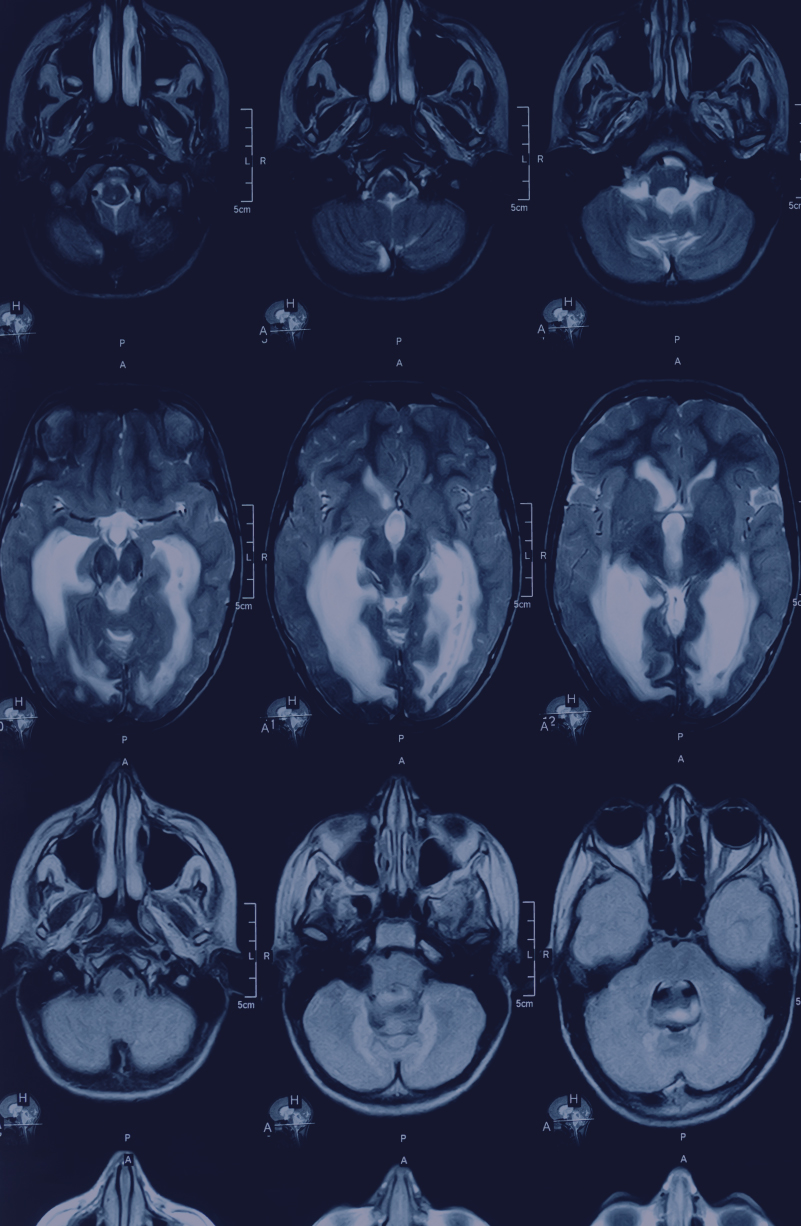Our mission
Earlier Answers.
Better Outcomes.
We believe patients deserve better tools to understand what’s happening in their brains before symptoms appear and options narrow. At Resonant, we are developing technologies to enable earlier detection, deeper monitoring, and more personalized approaches to managing neurodegenerative disease. Through accessible, blood-based molecular tools, we aim to shift the timeline for intervention and improve quality of life for patients and caregivers.









